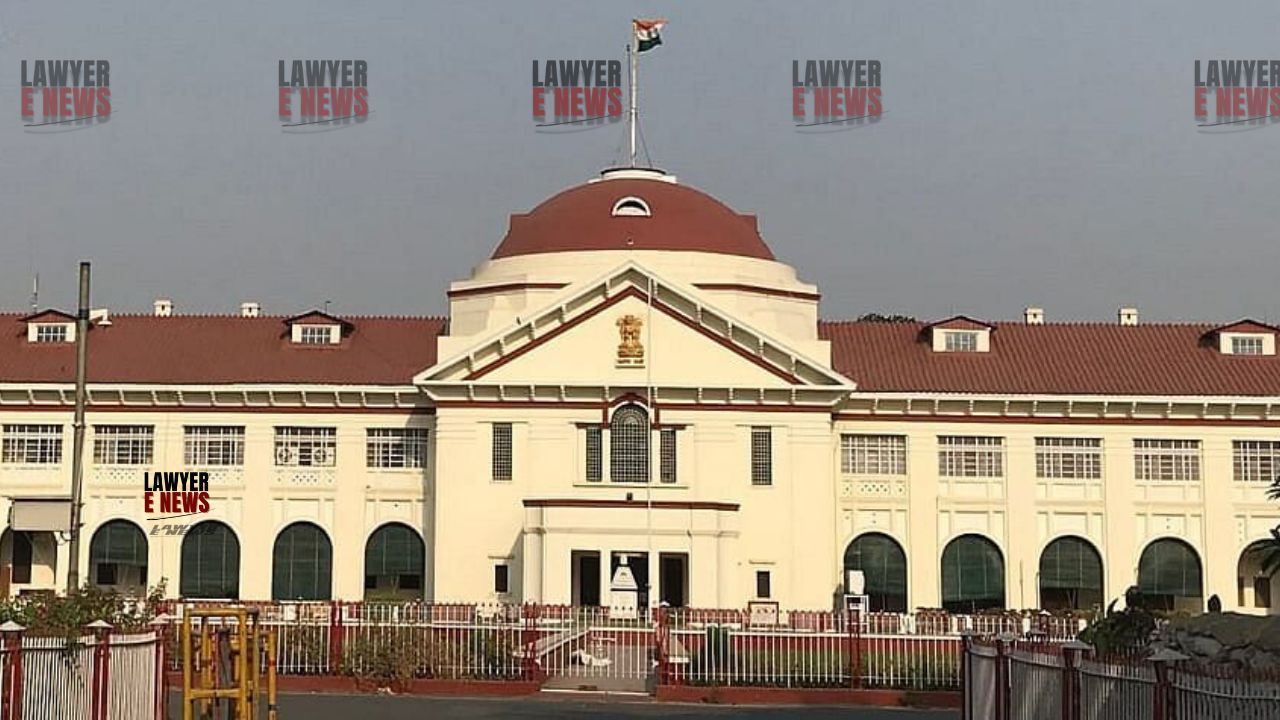-
by sayum
14 February 2026 2:22 PM



Patna High Court in Mrityunjay Kumar Singh & Others vs. The State of Bihar & Others upheld the transfer of several Bihar Police Association members, dismissing claims that their transfer violated tenure protections due to their roles in a service association. Justice Purnendu Singh ruled that transfers within the police force are part of routine administrative functions, limiting judicial intervention unless there is evidence of mala fide or statutory violations.
The petitioners, all office bearers of the Bihar Police Association, challenged their transfers ordered in early 2024. They contended that the transfers violated protections accorded to service association members under Bihar Government guidelines. The petitioners argued that without final disposition of their pending representations and due to a lack of compliance with tenure protections, the transfer orders should be set aside.
The State, represented by the Additional Advocate General, argued that the transfer orders complied with statutory requirements under the Bihar Police Act, 2007, and that the petitioners had already overstayed their standard tenure. The State also highlighted that the petitioners' representations could be considered only after they complied with the transfer orders by joining their new postings.
Justice Singh noted that, under established principles, transfers within disciplined forces like the police are primarily administrative decisions. Courts should refrain from intervening in such transfers unless there is clear evidence of mala fide intent, arbitrary decision-making, or statutory violations. The Court cited Union of India v. Ex-Constable Amrik Singh and S.C. Saxena v. Union of India in support of judicial restraint in administrative matters, especially regarding transfers.
“Transfer is a concomitant of service condition and is made in exigency of administration, and thus, no interference in writ jurisdiction is warranted save in cases where the order is passed with mala fide intent or against statutory provisions,” the Court stated.
The Court emphasized that police personnel challenging transfer orders must first join their new posts before their representations will be entertained. Citing established transfer guidelines, the Court observed that the petitioners’ non-compliance with the requirement to join their new postings made their representations ineligible for immediate consideration.
“The petitioners must comply with Clause 5 of the transfer order, which mandates joining the new posting as a prerequisite for representation”.
In line with the Supreme Court’s directives in Prakash Singh v. Union of India, which mandates police transfers to be governed by an independent Police Establishment Board, the Court reinforced that the transfer process was subject to established guidelines and administrative discretion. As such, judicial review in police transfers is even more restricted, as per guidelines set forth by the Supreme Court to insulate police personnel from external pressures.
Acknowledging delays in addressing the petitioners' representations and their consequent denial of salary since February 2024, the Court directed the Director General of Police to decide on the representations within one week. The Court noted that such delays impacted the petitioners' rights under Article 21, which ensures the right to life and livelihood.
The High Court dismissed the writ petition, reinforcing that transfer decisions within the police force are an administrative prerogative with limited grounds for judicial intervention. The Court ordered that the petitioners’ representations be promptly addressed once they joined their new postings, allowing administrative processes to proceed within the framework of judicial restraint.
Date of Decision: October 29, 2024
